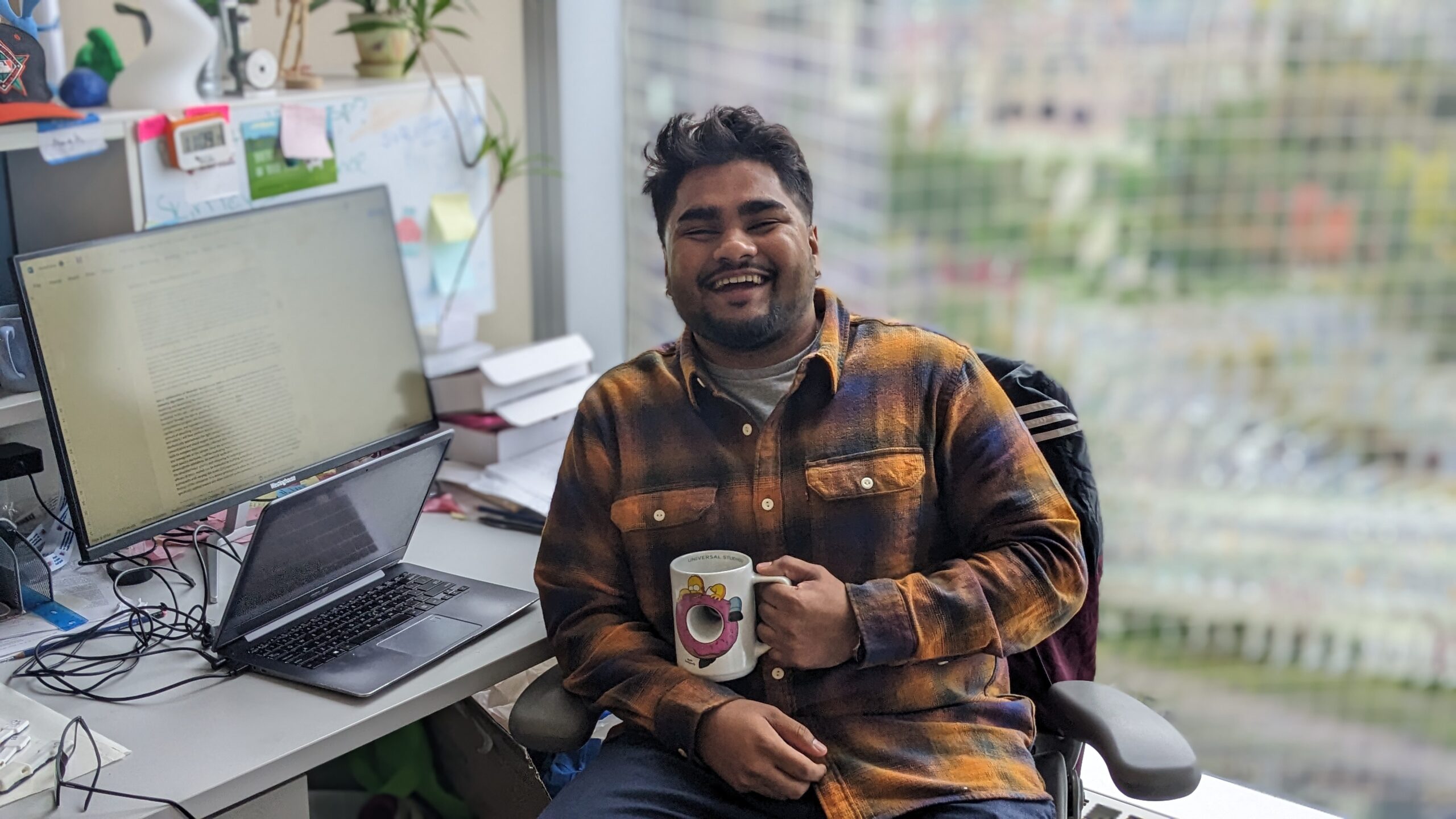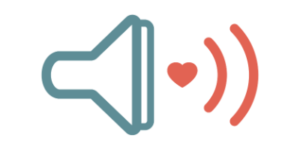Megh Rathod is a PhD Candidate in Biomedical Engineering at the University of Toronto. He’s passionate about advancing medicine and quality of care through device innovation, and is currently working on developing a skin-tone invariant pulse oximeter in the form of a wearable.
Megh wanted to explore career paths and test his perceptions of entrepreneurship, so he applied to ECHO Discovery – a foundational education program that explores ideation, research translation, and entrepreneurship for cardiovascular health. Here’s what Megh had to say about his experience…

Q: Why did you apply for ECHO Discovery?
I applied because I was always intimidated by the idea of business. Something about it had this weird connotation to me – like science is science, and business is business, and maybe somebody in the middle interfaces between the two.
Attending ECHO Pitch a year before further reinforced the idea that clinical translation requires you to actually be the champion of your technology or your idea outside of the lab. Through entrepreneurial pursuits, you can actually fund your concept and extend it beyond publications or a couple prototypes.
I thought it was fascinating hearing the pitches. I was like, “Oh, this is cool! But I don’t really know if ECHO is for me just yet…”. I wanted to try my hand at something a little earlier in this process, so when I heard TBEP and TRANSFORM HF were co-developing ECHO Discovery I thought it was a perfect choice. My initial motivation going into it was to learn about the mindset and skills that are required to get into entrepreneurship or industry, and hear about the experiences from those currently working through it – big vibe check situation.
Q: What did you like about ECHO Discovery?
My favourite three things were the fireside chats with start-ups, my Immerse experience, and the pitch competition.
It was cool to hear the fireside chats from companies like Paradox Immunotherapeutics, Arterial Solutions, and Medly to hear about how people – most of them with a scientific background – took their idea and expertise to a stage that was uncomfortable and challenging and tried to pitch it, get investors, get people involved – to really grow beyond their current comfort level. It was a great way to get candid and relevant feedback.
Immerse was great, as well. I got an amazing mentor, Dr. Stephanie Willerth at Axolotl Biosciences – I was very fortunate. Every week the team would meet and she would let me sit in to hear the type of conversations that happen when you’re trying to grow a business. She’s also a full-time professor and has all these other responsibilities, and she’s navigating this world between the two; I thought it was fascinating to hear how it actually gets done, how someone can wear multiple hats and build a great team. Dr. Willerth kept me on for the whole summer, so my placement extended much past the requirements of Immerse. Just being in the space and hearing those conversations was super valuable. It planted a seed.
Pitching was another fun aspect of ECHO Discovery. Myself and three other members (Amanda Mac, Daniel Davoudpour, and Elizabeth Karvasarski) co-founded a company called Pressure Pal to assess jugular venous pressure remotely. I got to lean into my background of optics and wearable technology, and my other co-founders lent their knowledge in cardiovascular sciences and medicine to build a multidisciplinary idea and merge expertise. I really enjoyed the experience of preparing for a slide deck for a pitch, and how to tell a story in a way that contrasts the experience of presenting as a scientist. The opportunity to pitch was a fun experience, and I gained a lot of learning by doing it. I’m very proud of our team.
Q: What are some key learnings you took from ECHO Discovery?
Working with people! A good team is a diverse team, one that can build an idea out, and brings in different perspectives. Working with people in the entrepreneurship aspect is much different from working with people in the scientific aspect. You have to work with people well, you have to work with the right people – you have to find the right people.
And things only go as far as your passion. Things just sit on the shelf if you’re not passionate about it – in science and in the entrepreneurship world. There is something very exciting about trying to champion an idea you believe in and, if you can overcome the risk and uncertainty, the impact it can have once it gets into the hands of those who need it.
Q: What do you think your future will hold?
I’ve been so spoiled to have met mentors in ECHO Discovery that didn’t have to choose between academia and entrepreneurship. It’s like, “How do you do both?!” But they find a way. They are doing it all, and I kind of want to do it all, too! It feels enriching, but fun at the same time. I am grateful that while completing my PhD I could gain this immersive exposure.
The future of Megh… Who knows where it goes! But I think it does involve trying entrepreneurship.
Start Your Entrepreneurship Journey
If you’re interested in cardiovascular health ideation and research translation or are considering entrepreneurship but aren’t sure how to get started, you should apply for ECHO Discovery! The call for applications for the 2024 cohort is now open – learn more and register on the ECHO Discovery webpage.
ECHO Discovery is funded and organized by the Translational Biology & Engineering Program and TRANSFORM HF, at the University of Toronto and the Ted Rogers Centre for Heart Research.

